
9 Medications That Can Cause Heartburn
By Amanda Gardner
If you have heartburn, pills can be your best friend and worst enemy.
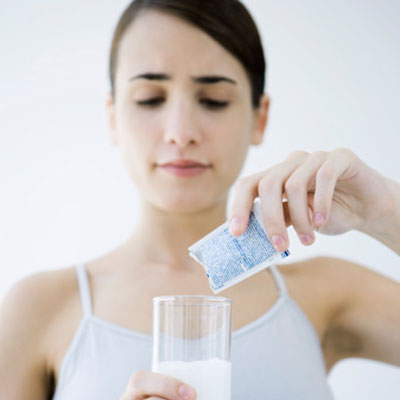
Other pills—the ones you take for health conditions that are not related to heartburn—can make the pain worse or even trigger heartburn in the first place. Is your medication to blame for your pain? This guide will help you find out.
Ibuprofen
Popular over-the-counter ibuprofen products such as Motrin and Advil can increase acid production in the stomach. Try acetaminophen (Tylenol) instead.

Even a narcotic such as Percocet may be better for your stomach than taking six Motrin tablets a day, he says. But some narcotics can cause heartburn—in addition to being habit-forming—so discuss your options with your physician.
Bone-strengthening drugs
Osteoporosis drugs known as bisphosphenates—including blockbusters like alendronate (Fosamax), ibandronate (Boniva), and risedronate (Actonel)—are notorious for causing heartburn.
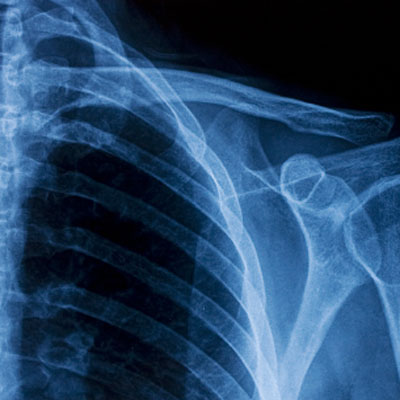
Reclast, for instance, is an infusion drug that needs to be taken only once a year.
If you’re still on a daily or weekly pill schedule, taking the medication first thing in the morning (before eating or drinking) may help minimize heartburn.
Blood pressure drugs
The blood pressure medications known as calcium channel blockers and beta blockers can provoke heartburn by relaxing the lower esophageal sphincter, which can allow stomach acid to seep up into the esophagus.
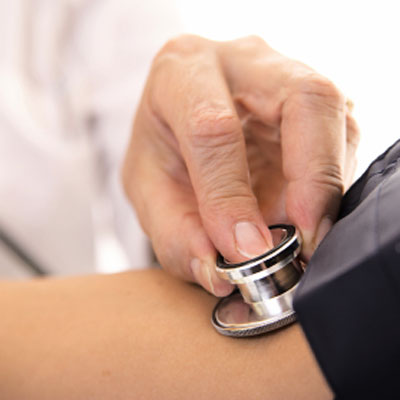
Aspirin
The world’s wonder drug may be able to fix everything from headaches to heart attacks, but for heartburn sufferers it also comes with a cost: more acid production in the stomach.
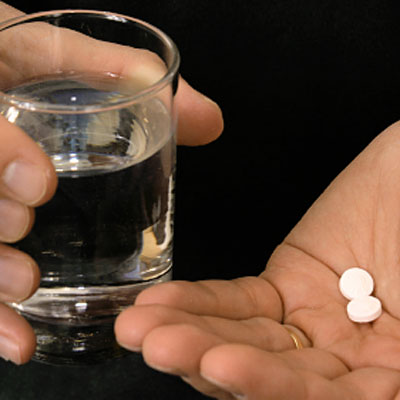
Sleeping pills and sedatives
Medications such as Valium (diazepam) that are designed to relieve anxiety and help you relax, unfortunately, also relax your esophageal sphincter, which may lead to heartburn.

Iron supplements
Iron spurs the body to produce more red blood cells, but it can also lead to acid reflux.
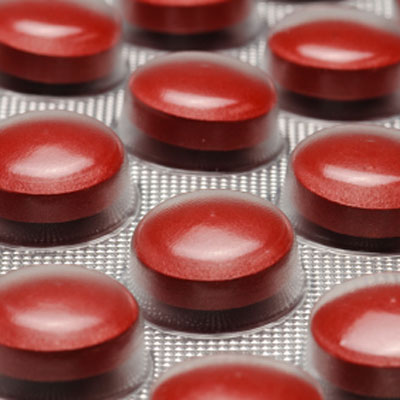
Tricyclic antidepressants
Some of the older tricyclic antidepressants (such as imipramine or amitriptyline) may contribute to heartburn by slowing the speed at which the stomach empties, Dr. Kaul explains.

Generally speaking, newer psychiatric drugs work in a more targeted way and have fewer gastrointestinal side effects.
Antibiotics
Antibiotics such as tetracylcine that are used to treat common bacterial infections can cause heartburn.
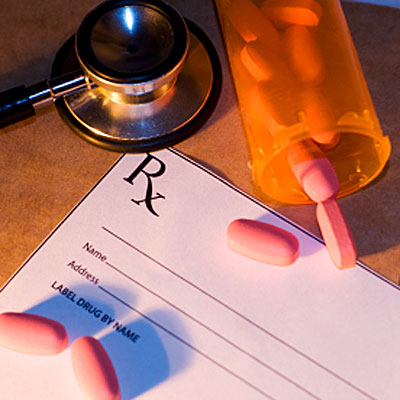
Potassium supplements
These supplements are often taken to normalize high blood pressure, but they can irritate the lining of the esophagus, says Dr. Kaul.

If you still feel the burn, ask your doctor for another type of blood pressure medication or for a slow-release enteric-coated version of potassium. (The coating causes the medication to dissolve in your small intestine instead of in your stomach.)
From:

No comments:
Post a Comment